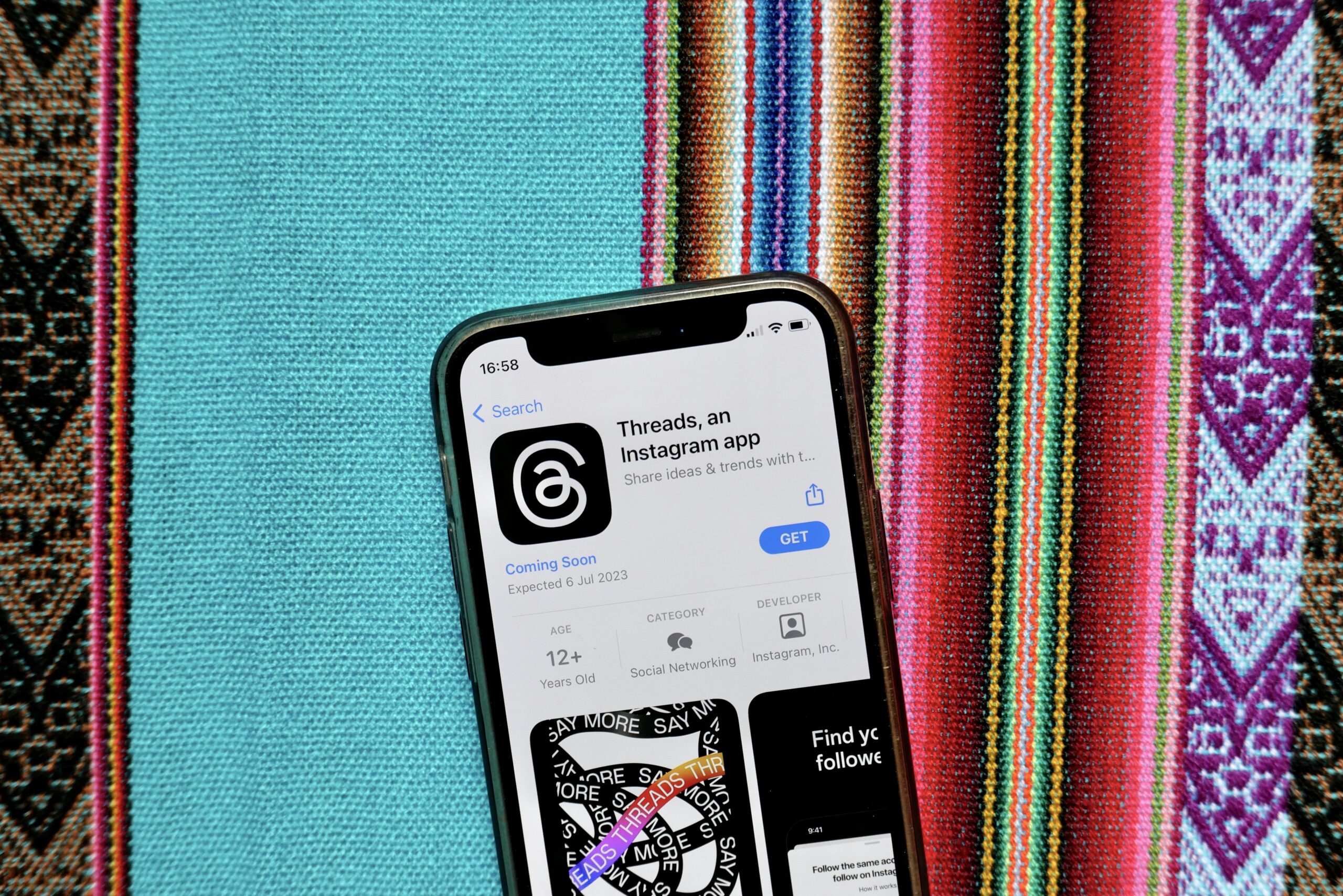5 ways to boost brand awareness without breaking the bank
In its purest ‘does-what-it-says-on-the-tin’ form, it’s the simple notion of making people aware of your brand. But brand awareness is more than that – and anything but simple.
It’s a vast melting pot of all your marketing efforts blended with your brand’s services. It comes in a variety of forms, too. Do people know about your recruitment opportunities? What’s the social culture like in your office? What do other people say about you?
It would be easy to conclude that to maximise brand awareness and reach a bigger audience, you have to spend big. But that isn’t the case.
Here are five ways to boost your brand awareness without breaking the bank:
Embrace the power of social media
Around 90% of brands use social media to increase brand awareness. Most maintain between four and 10 profiles, but are they using them to greatest effect?
It’s not enough to have a presence, you also need to be joining in with your customers’ conversations, monitoring what their pain points are and explaining how you’re going to soothe them.
Define a clear social media strategy and tailor your content, including company news, to thrive on those platforms. Keep across specific hashtags and trends within your industry, or develop your own hashtag to group your content and make it easier for people to find.
Use social media to publish and promote original, curated content that identifies you as industry leaders of a particular topic. What are people in your field not talking about? If you establish yourself as the pioneers of a specific area, the audience will associate your brand with it.
Use client feedback
There’s a reason clients keep coming back to you – they trust you. And trust is a powerful ally in the B2B world.
People expect you to promote your own content, but a recommendation from an external party can instil trust in people you haven’t even met yet. Your promotion carries a lot more weight coming from someone who has experienced your services and keeps coming back.
Explain to your customer or client that you’re embarking on a brand awareness campaign and would love to feature some of their feedback from over the years and if they’d be interested in providing a short testimonial that will be used online. Don’t assume you can go ahead and post something they may have said ‘off record’.
Network with other businesses
Meeting other business owners is an important way to not only elevate your brand and the people behind it. Almost 70% of the business professional who are networking, value face-to-face above online alternatives.
Whether you’re attending somebody else’s networking event or hosting your own, use it as an opportunity to present on a previously unexplored topic. People will associate you and your brand with owning that area and come to you for more knowledge.
If you do favour the online methods, LinkedIn is the tool for virtual networking. Get involved in conversations in your field and follow up real-life interactions with new contacts on the network. From here you can grow and nurture your relationship with targeted content.
Make guest appearances
Appearing on someone else’s already-established platform, such as a podcast or blog, shows two things: initiative and intellect.
Blogs and especially podcasts are catching fire in business at the moment, and featuring on one provides opportunities to get in front of new audiences and diversify your content.
If you can get a slot on a well-observed and trusted show discussing an industry topic or trend; the fact that you are the person there discussing it shows a vast amount of knowledge on your part to be trusted by the hosts to be the voice of the conversation.
Keep putting the customer first
Word of mouth is and always will be the most effective form of marketing. Nobody knows your service better than your customers and they will be honest in delivering their opinions to their contacts.
With 92% of consumers believing recommendations from friends and family over all other forms of advertising, it’s vital to make sure every single interaction is a positive one.
The consumer is never wrong and they will not hesitate to inform others if they’ve had a bad experience. They might not tell someone directly about a positive one, but they’ll be sure to let them know of negative ones – and that’s catastrophic for your brand.
So keep making sure the customer journey is a smooth one.
READ MORE:
5 lessons businesses can learn from charities on Instagram
How the right kind of content can help build trust in your brand
If you would like to know more about how Formative Content can optimise your social media strategy, please email office@formativecontent.com
About the author: Seb Budd is a Social Media Executive at Formative Content. He is responsible for planning, executing and driving the social media and blog content for the company. Connect with him on LinkedIn here.

Related Articles

AI won’t destroy SEO – but it will massively change the game
“The reports of my death are greatly exaggerated,” Mark Twain is said to have told a newspaper reporter.

What does the launch of Twitter-alternative Threads mean for B2B marketers?
Threads, a Meta-owned alternative to Twitter, is set to launch on Thursday.

Should you pay for Twitter Blue?
“What should we do about Twitter Blue?”

Twitter, LinkedIn and beyond: Here’s what our analysis is telling us about B2B audiences
What do we tell our clients when it comes to social media? And what does our data tell us about the current situation and the outlook?



